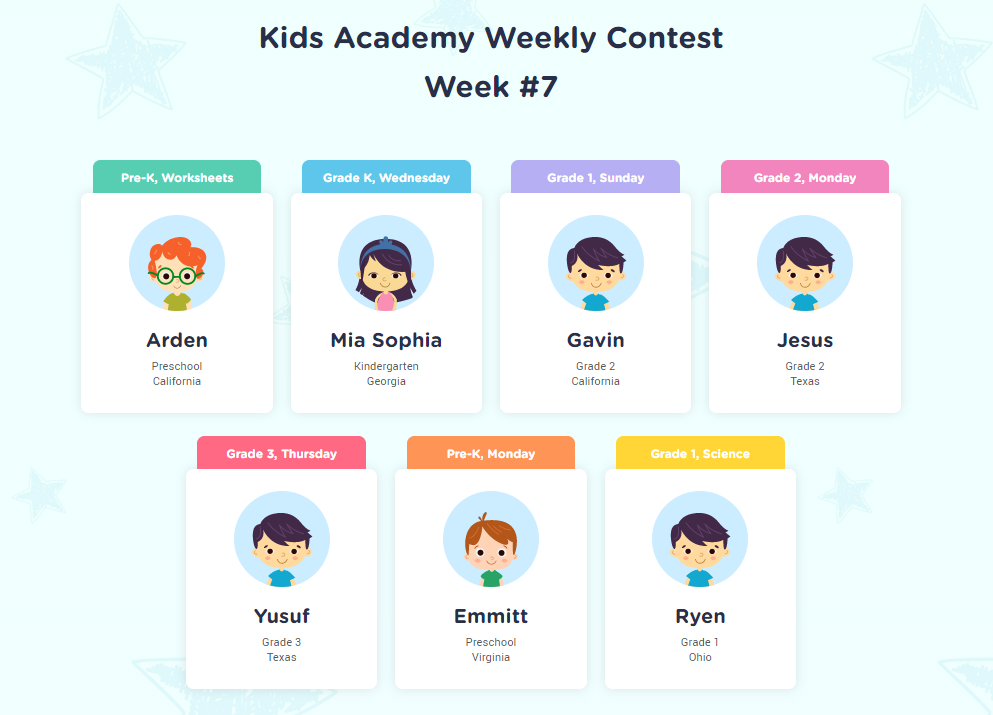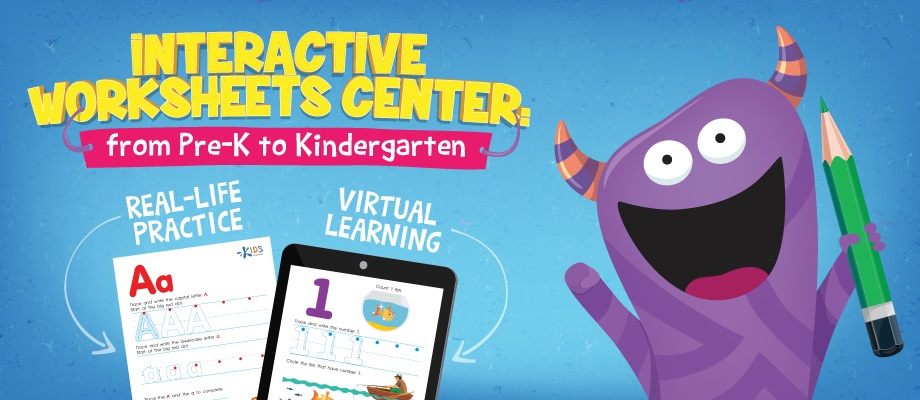Normal Science worksheets activities for Ages 4-6
6 filtered results
-
From - To


Animals and Plants: Assessment 2 Worksheet


Animals and Plants: Assessment 1 Worksheet


Space: Assessment 2 Worksheet


Space: Assessment 1 Worksheet


Light and Sound: Assessment 2 Worksheet


Force and Interactions: Assessment 1 Worksheet
Science, as a field of exploration and learning, is both vast and intricate, requiring learners to engage with its concepts actively. Normal science worksheets activities stand as one of the most beneficial tools in this educational journey. These activities are not just pages filled with questions; they are gateways to understanding, application, and curiosity.
Normal science worksheets activities are designed to reinforce learning. When students work through the exercises, they revisit concepts taught in class, reinforcing their understanding through practice. This repetition is crucial since science often involves complex ideas that can take time to fully grasp. By engaging with these activities regularly, students solidify their knowledge base, making it easier to build upon with new information.
Furthermore, these worksheets encourage critical thinking. Science is not just about memorizing facts; it's about understanding processes, analyzing data, and drawing conclusions. Normal science worksheets activities often include problem-solving exercises that challenge students to apply what they've learned in new and unfamiliar contexts. This not only tests their comprehension but also sharpens their analytical skills, preparing them for real-world scientific inquiry.
Another significant advantage is the personalized learning experience that normal science worksheets activities offer. In a classroom setting, it can be challenging for teachers to cater to the individual needs of each student. However, worksheets can be tailored to different levels of difficulty, allowing students to work at their own pace. This differentiation ensures that all students, regardless of their proficiency level, can benefit from the exercises.
Moreover, normal science worksheets activities provide immediate feedback. Whether it's through classroom discussions, peer reviews, or teacher assessments, students can quickly identify areas of misunderstanding or confusion. This prompt feedback is critical in the learning process, allowing students to correct mistakes and deepen their understanding before misconceptions become ingrained.
In conclusion, normal science worksheets activities are more than just supplementary materials; they are essential components of science education. Through reinforcement, critical thinking, personalized learning, and immediate feedback, these activities equip students with the knowledge and skills they need to excel in the complex world of science.

 Assign to the classroom
Assign to the classroom












